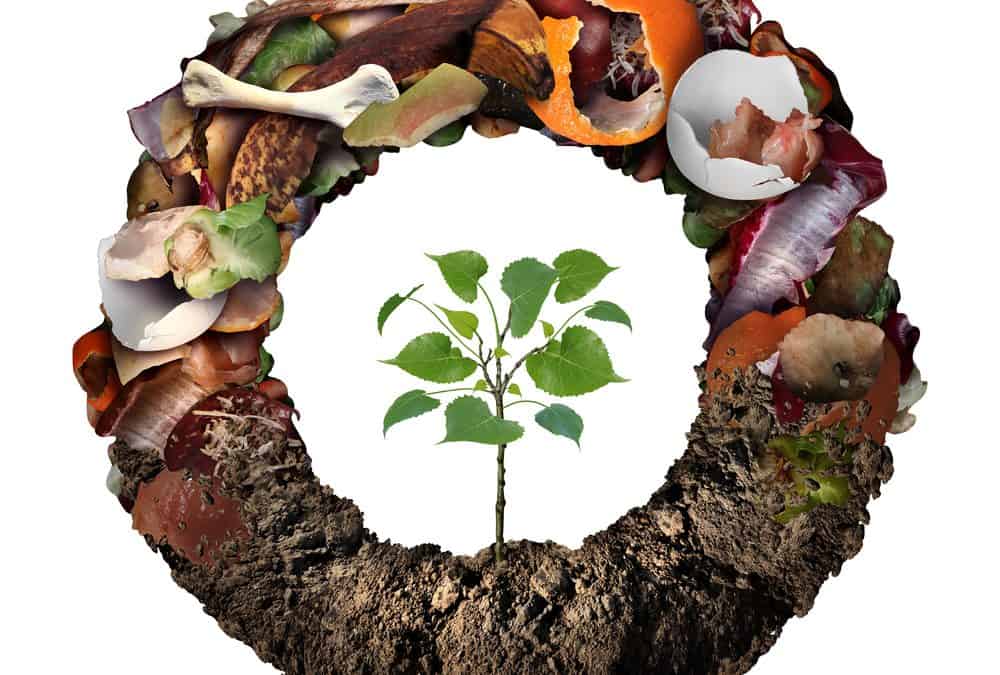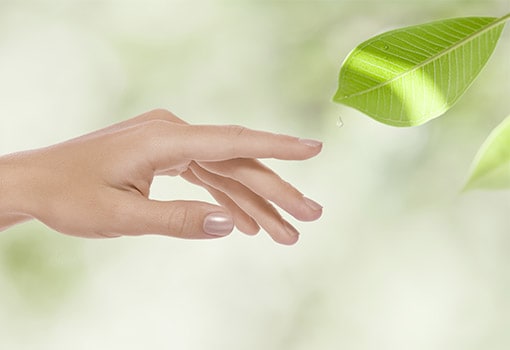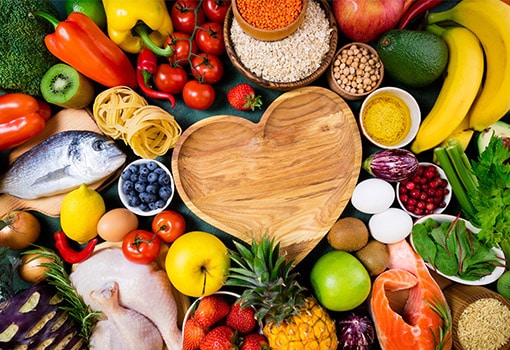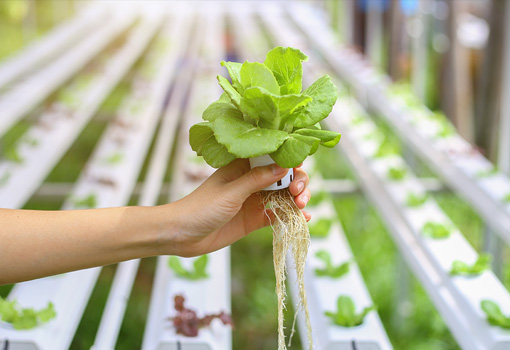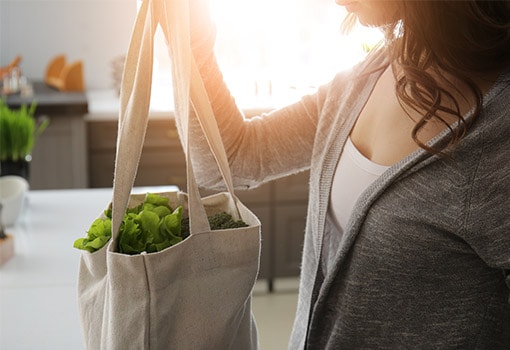Composting—you might have seen a food scrap drop-off at a local farmer’s market or a garbage can labeled for composting at the Whole Foods store. It involves collecting your old food scraps to do…. what, exactly? And for what purpose?
what is composting?
We all know about the importance of recycling paper and glass and plastic; well, composting is basically “recycling” food.
Composting takes food scraps and other matter like dead leaves and grass clippings through the decomposition process and generates organic material called humus, a kind of soil amendment or fertilizer. Fruit and vegetable peels, eggshells, coffee grounds, and tea bags can be composted instead of being thrown out. (And meat, dairy products, and pesticide-treated yard trimmings are some things that should not).
composting benefits the environment
So why should we compost, and why is it becoming more prevalent? The main reason is to reduce the amount of food that goes to landfills. Doing this helps minimize the resulting negative environmental impacts.
Discarded food taken to landfills releases methane gas as it decomposes. Methane is a potent greenhouse gas that traps heat in the earth’s atmosphere and contributes to global warming. We could avoid this entirely if we diverted food away from the landfill to the compost pile (or bin). And, reducing food waste will not only reduce the carbon emissions arising from transporting discarded food, but also save landfill space.
composting is good for the garden
The second key benefit of composting is that it creates nutrient-rich organic material that can be used in your garden. For example, compost aids in improving soil structure, increasing soil nutrients, and suppressing plant diseases. And, it enables you to reduce the use of chemical fertilizers. This is why compost is nicknamed “black gold,” it’s that good. In addition, nothing is wasted; you eat produce, and use the remains to make compost, which goes back into growing more fruits and vegetables. A true sustainable circle of life, you might call it!
what can you do?
The stats are rather stark; currently, only about 5% of all discarded food is composted, leaving 95% going to the landfill (roughly 36.4 million tons)! And, food makes up the largest component of all the trash that goes to the landfill, at about over 21%. We should really be aiming to make that 21% as close to 0% as we can.
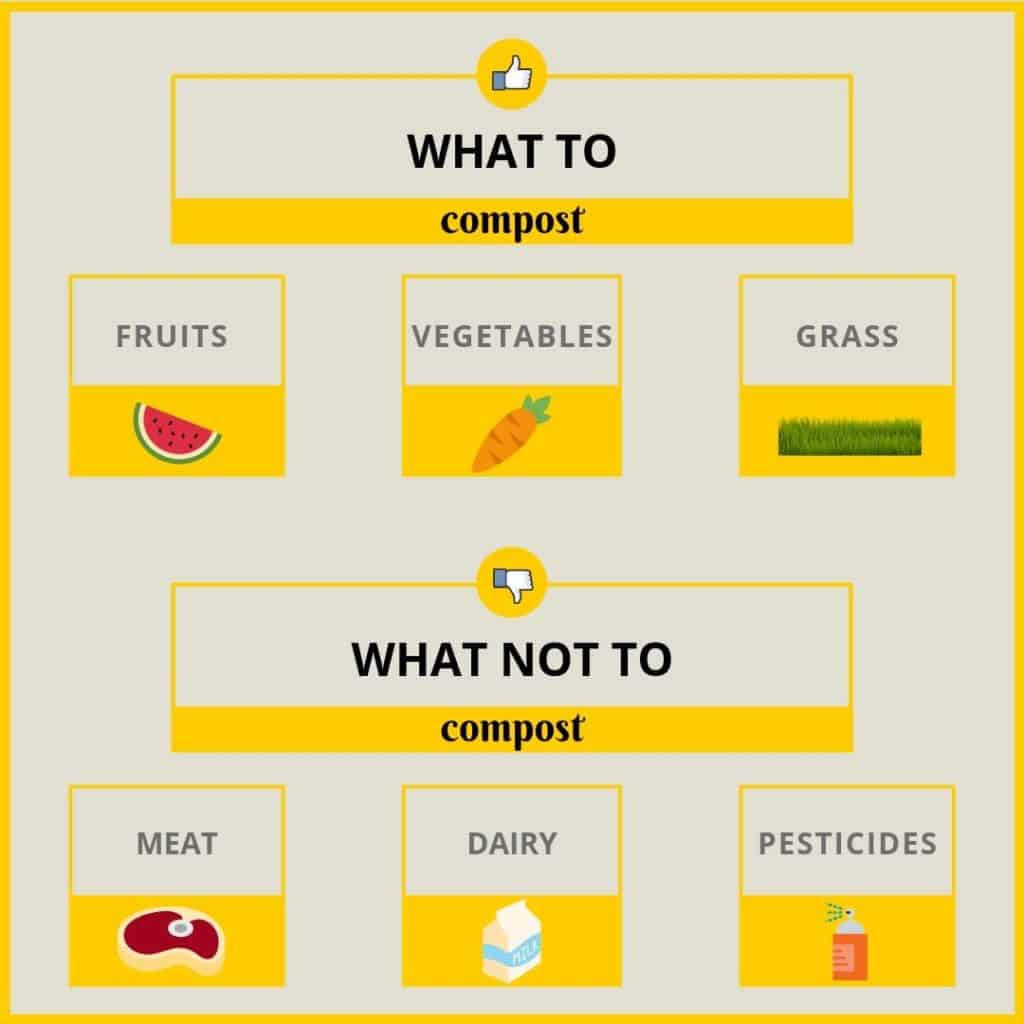
How can you do your part by composting? There are many ways to participate. For example, you can collect food scraps to drop off at a farmer’s market. Another option is to set them out with the garbage for curbside collection by private composters or local governments. You can do small-scale worm composting in a bin in your basement or have your own compost pile out in the yard.
There is so much room for improvement. While we have long been told to recycle things like paper and plastic, composting is much less common. Americans recycle about 65% of paper trash, 34% of metal, and 26% of glass; yet we only compost 5% of food waste. Even plastic, recycled at a measly rate of 9.5% (an important topic for another day), scores higher. We can do better!
Source: EPA

